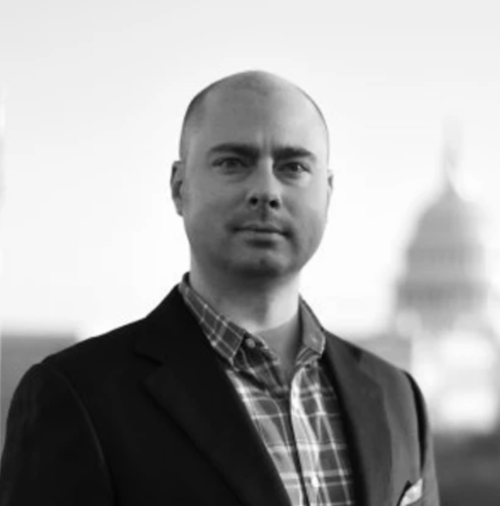Approximately 1 in 5 people alive today live under a single-party communist dictatorship. Given this fact, it might seem odd to suggest that one of the biggest challenges in educating America’s youth about the true nature of socialism and communism is the lack of direct experience with the political implementation of Marxism. Nevertheless, it is true.
For Millennials, born from 1983 through the end of the millennium, the conclusion of the ideological and existential contest of the Cold War with the fall of the Berlin Wall in 1989 and the subsequent collapse of the Soviet Union in 1991 was accompanied by the proclamation of the End of History. The older generations who fought that war believed communism had been defeated, its ideas had been refuted, and it was inevitable that the whole world would become capitalist liberal democracies—at least eventually.

No longer was it necessary to dwell upon the evils of the Evil Empire. Graciousness in victory meant asserting a false moral equivalence where both sides had been at fault. We would ignore enduring political differences and instead emphasize new economic opportunities. The important distinction was not between free and communist states, but between developed and developing nations. Since we were all headed in the same direction, it was impolite to hector those who were merely a few or even several steps behind.
Along with our focus on the development of economic freedom, whether real or apparent, came our insistence that whatever the still existing communist regimes were, they were no longer simply communist. For instance, the People’s Republic of China became a kind of state capitalism with a socialist market economy. Understanding the world through such oxymorons, combined with the asserted false moral equivalence, resulted in our fundamental misunderstanding of the relationship between freedom and socialism—we came to see them not as inconsistent, but as compatible with one another.
In this way we concealed from ourselves the enduring fact that political Marxism continued to hold captive nations across the globe. And thus, the crimes of the remaining single-party communist dictatorships were transformed from the crimes of communism into the crimes of dictatorship. Marxist ideology was severed from its implementation and rehabilitated as a viable alternative to our systems of liberty.
Given that they grew up and were nurtured in this intellectual milieu, should we be surprised that surveys conducted by the Victims of Communism Memorial Foundation regularly find Millennials and Generation Z are more likely to support socialism than prior generations?
What must be done? We must present the history of the 20th Century with the moral clarity necessary to understand it truthfully. This entails teaching history warts and all, rather than teaching the history of the West warts only, and the history of other states without warts.
Any treatment of the Second World War failing to mention the equal responsibility of Hitler and Stalin in plunging Europe into cataclysm by way of the Molotov-Ribbentrop Pact is a distortion. Similarly, it is deceitful today to teach that the People’s Republic of China has lifted more people out of poverty than any other country, while remaining silent of the fact that the Chinese Communist Party has killed more people than any other political entity in the history of the world—and that it continues to abuse the Chinese people in horrific ways, not the least of which is through forced organ harvesting.
Our educational curricula must be revised so that they cease eliding the necessarily tyrannical nature of Marxist implementation. The truth, both past and present, must be proclaimed with courage and fortitude so as to bring hope to the 20% of people who still struggle for their freedom.
Murray Bessette, Ph.D., is the director of academic programs of the Victims of Communism Memorial Foundation, an educational, research, and human rights nonprofit devoted to commemorating the more than 100 million victims of communism around the world and to pursuing the freedom of those still living under totalitarian regimes.


